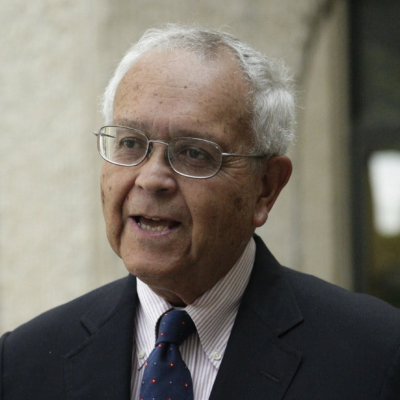If History Is Guide, Grad Student Unionization Path May Be Rocky Despite Ruling
Summary
Even after last week’s landmark National Labor Relations Board ruling that would force Harvard to legally recognize an elected graduate student union, the path forward for universities is far from clear.
The NLRB overturned precedent in ruling that student assistants at private universities are considered employees, and Harvard has invited members of the Harvard Graduate Students Union-United Auto Workers to discuss next steps in light of the decision, according to Graduate School of Arts and Sciences Dean Xiao-Li Meng.
…
William B. Gould, a Stanford Law professor who was chairman of the NLRB from 1994 to 1998, said it is important to have elections right away, especially on college campuses.
“If you wait until that issue is resolved, those employees—particularly in the university setting where they go on and graduate and go on to other things—they may never be able to express their position. Because it will take a number of years to have the matter resolved,” Gould said.
…
But Gould said he expects private universities to challenge the decision. The fact that Harvard has now agreed to sit down with union organizers did not sway his opinion.
“They will emphasize the inhospitable posture of [the Supreme Court] toward bargains in higher education and the chaos that may ensue from the Yale petition today for ten different units,” Gould wrote in an email, referring to the Yale union effort’s move to file ten separate petitions by department. Graduate workers in each of those departments will vote to join a single union, an approach Gould called “unusual.” A recent revision of NLRB rules allowing for “microunits” of workers inspired the move, and it theoretically makes it easier for a union to win an election.
In the event of a challenge from universities, Gould said the NLRB would litigate the matter and raise it before the appellate courts and potentially the Supreme Court.
“I think we’re going to hear a lot more about this in the coming months,” Gould said. “The Board is in for a real fight.”
Read More
